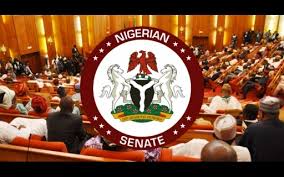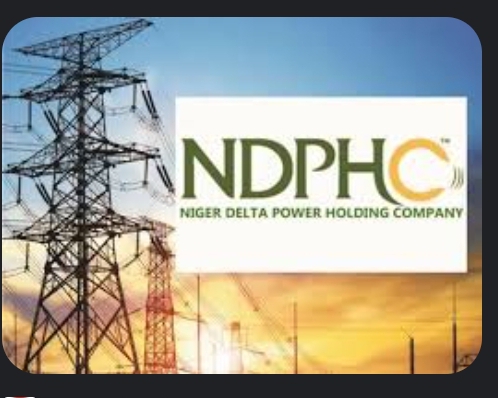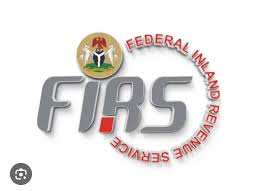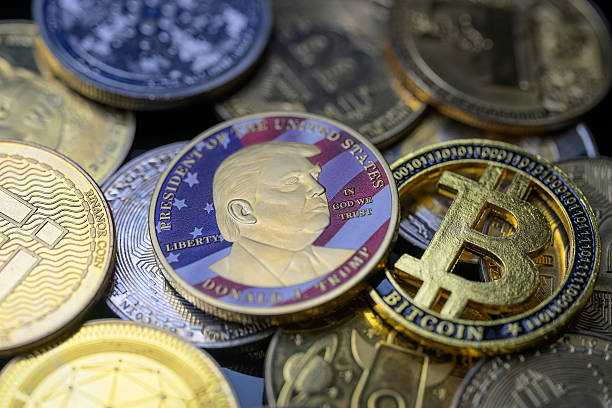In a move that has sparked both sighs of relief and raised eyebrows across the country, the Nigerian Senate has officially approved President Bola Tinubu’s ambitious foreign loan request of over $21 billion for the 2025–2026 fiscal period.
Yes, you read that right. Twenty-one. Billion. Dollars. That’s a lot of zeroes, even in Nigerian Naira, where one dollar could feed a small family—well, at least before the exchange rate began to dance azonto.
What’s in the Loan Basket?
The approved borrowing package is no small change. It includes:
-
$21.19 billion in direct foreign loans,
-
€4 billion,
-
¥15 billion (that’s Japanese yen, not Chinese noodles),
-
A $65 million grant,
-
And domestic borrowing through bonds totalling ₦757 billion.
There’s also a clause allowing the government to raise $2 billion through a foreign-currency-denominated bond locally. In simpler terms: borrow from outside, borrow from inside, borrow in dollars, euros, and yen – just don’t forget to pray the payback doesn’t land on your children’s NYSC allowance.
Why the Borrowing?
According to the Senate, the loan isn’t just for show. It’s tied directly to the 2025 national budget. Think of it like a parent taking a big loan to pay school fees, fix the leaking roof, and maybe throw in one or two shiny electronics for the house. Only, in this case, the “children” are 200 million Nigerians.
Senator Aliyu Wamako, Chair of the Senate Committee on Local and Foreign Debt, reminded Nigerians that the plan was first submitted back in May but was delayed due to recess and “documentation wahala” from the Debt Management Office. With paperwork finally sorted, the Senate pressed the green button.
Senator Olamilekan Adeola, who heads the Appropriations Committee, added that the borrowing had already been baked into the budget framework and was essential for full implementation. “With this approval,” he said, “we now have all revenue sources—including loans—in place to fully fund the budget.”
Translation: No money, no development. But with borrowed money? Maybe roads, power, schools – and hopefully, no ghost projects.
Nigerians React: Borrowing Again?
On the streets and on social media, the reactions were swift and varied. Some cheered the move, hoping it brings real progress. Others groaned, wondering if Nigeria is becoming the continental version of a man always borrowing from neighbours but still throwing weekend parties.
“How much is left before we borrow the moon?” one Twitter user joked. Another replied, “Make dem just remember say IMF no dey do ‘no refund, no wahala’.”
Looking Ahead
The big question on everyone’s mind is: What exactly will this money be used for—and will we see the results?
From infrastructure to health, education to energy, the hopes are sky-high. But so is Nigeria’s debt profile.
This latest approval is a gamble—one that could either power Nigeria toward genuine development or leave the nation deeper in the debt quicksand.
For now, Nigerians wait, watch, and whisper that familiar prayer: “Let this loan not enter voicemail like the others.”
Because when Nigeria borrows, it’s not just money at stake—it’s trust, future, and the never-ending hope that this time, it will be different.





